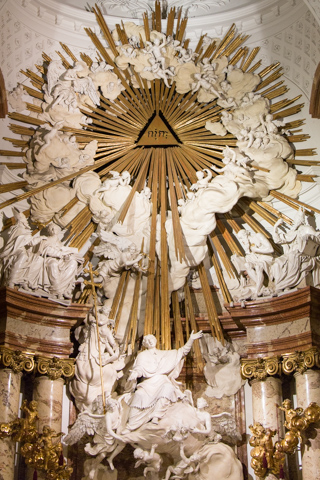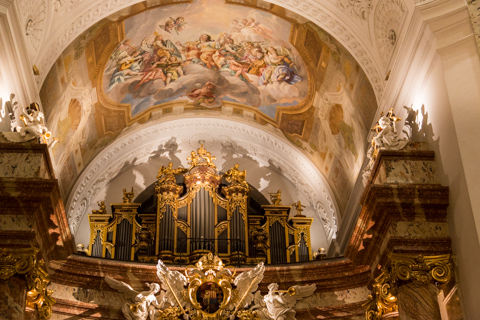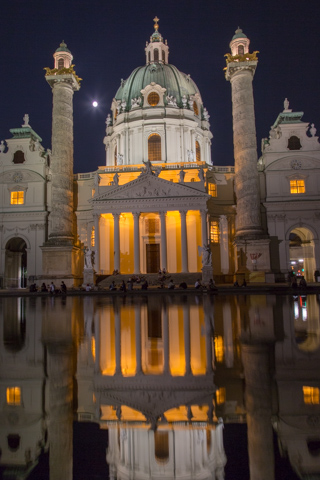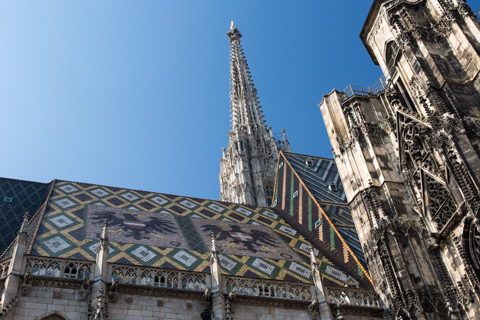
St. Stephen's Cathedral is the mother church of the Roman Catholic Archdiocese of Vienna and the seat of the Archbishop of Vienna. The current Romanesque and Gothic form of the cathedral, seen today in the Stephansplatz, was largely initiated by Duke Rudolf IV (1339-1365) and stands on the ruins of two earlier churches, the first a parish church consecrated in 1147.
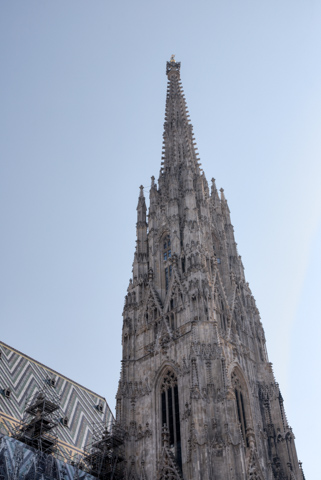
Standing at 446 feet tall and affectionately referred to by the city's inhabitants as "Steffl" (a diminutive form of "Stephen"), St. Stephen's massive south tower is its highest point and a dominant feature of the Vienna skyline. Its construction lasted 65 years, from 1368 to 1433. During the Siege of Vienna in 1529 and again during the Battle of Vienna in 1683, it served as the main observation and command post for the defence of the walled city, and it even contains an apartment for the watchmen who, until 1955, manned the tower at night and rang the bells if a fire was spotted in the city.
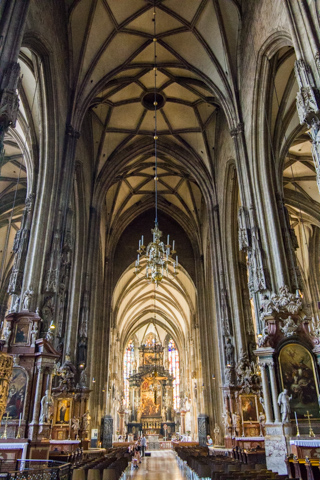
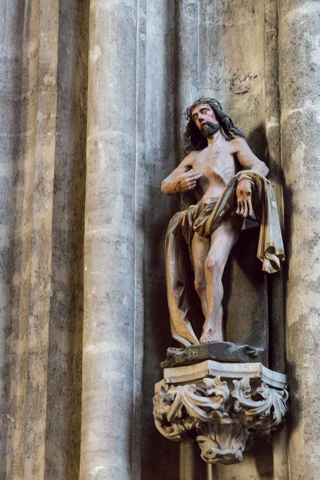
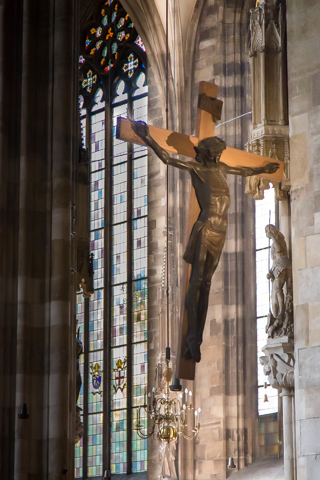
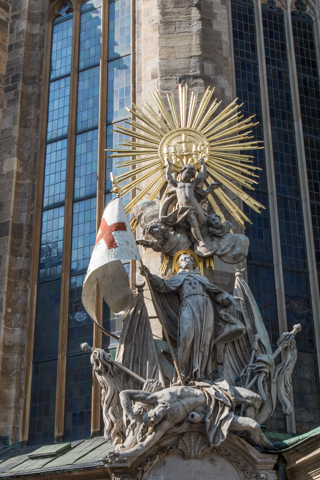
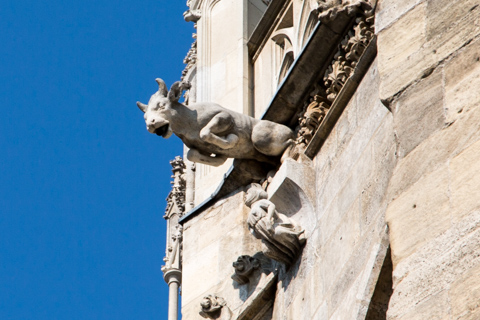
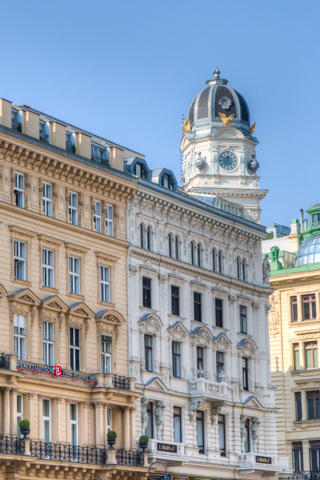
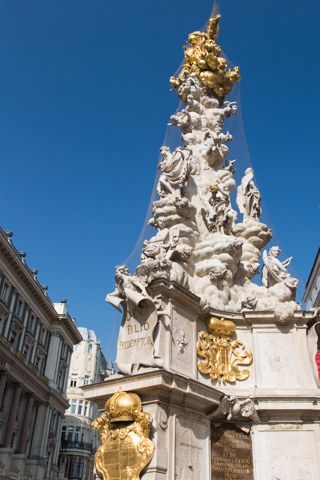
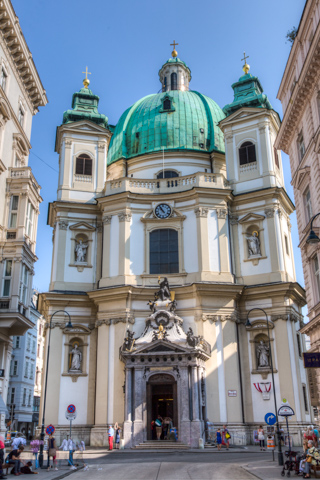
The oldest church building (of which nothing remains today) dates back to the Early Middle Ages. The construction of the new Baroque church was begun around 1701 and finished around 1733. It was the first domed church in Vienna.
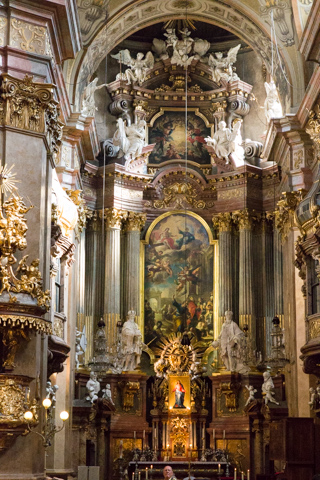

Hofburg Palace is the former imperial palace in the centre of Vienna, Austria. Part of the palace forms the official residence and workplace of the President of Austria.
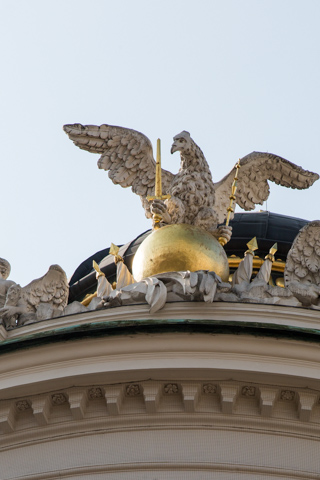
Built in the 13th century and expanded in the centuries since, the palace has housed some of the most powerful people in European and Austrian history, including monarchs of the Habsburg dynasty, rulers of the Austro-Hungarian Empire. It was the principal imperial winter residence, as Schonbrunn Palace was their summer residence.
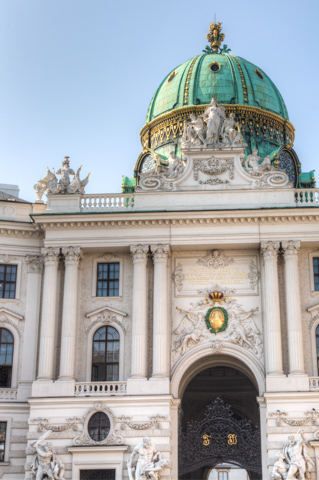
The Hofburg in Vienna is the former imperial residence. From 1438 to 1583 and from 1612 to 1806, it was the seat of the kings and emperors of the Holy Roman Empire of the German Nation, thereafter the seat of the Emperor of Austria until 1918. Today it is the official seat of the Austrian Federal President.
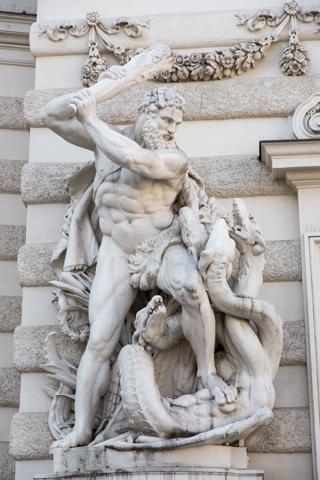
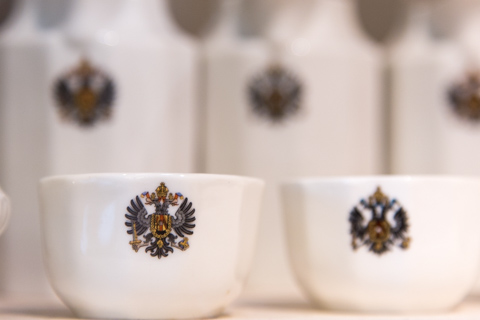
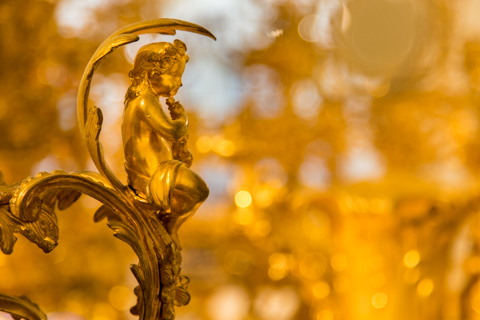
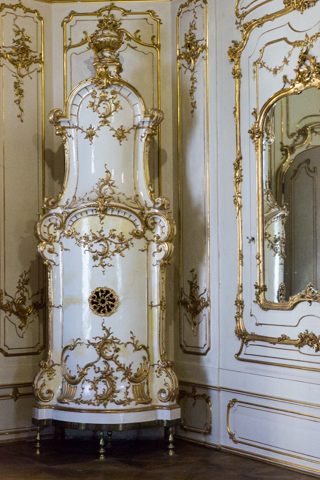
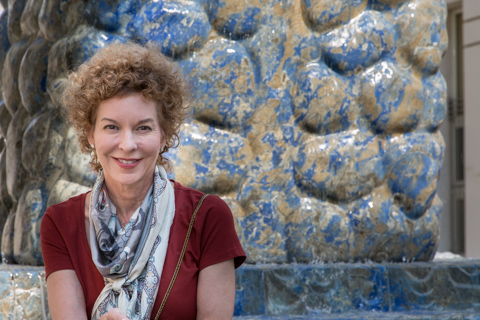
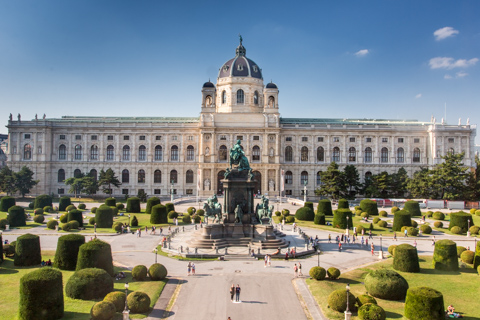
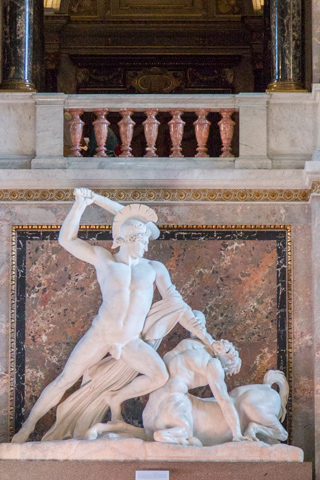
The two Ringstrase museums were commissioned by the Emperor in order to find a suitable shelter for the Habsburgs' formidable art collection and to make it accessible to the public.
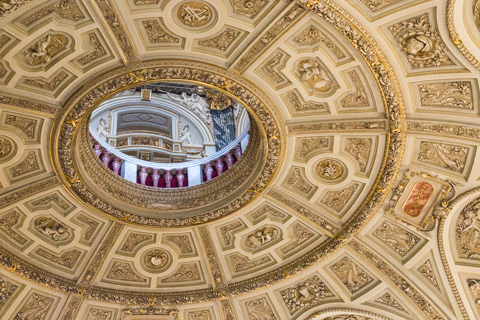
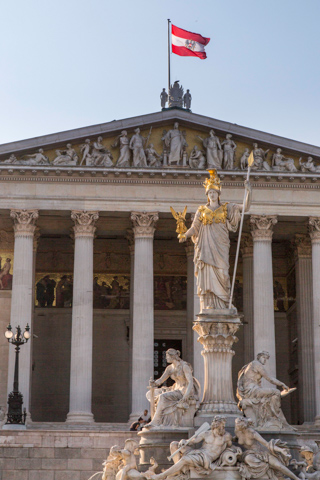
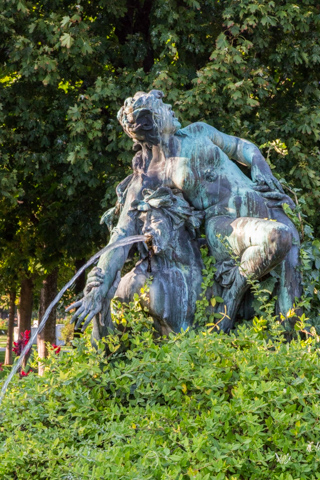
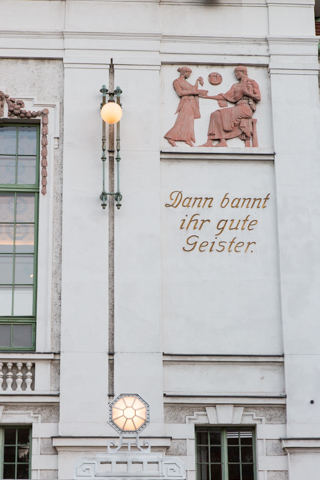

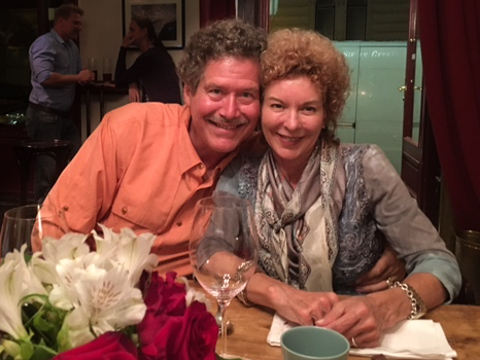
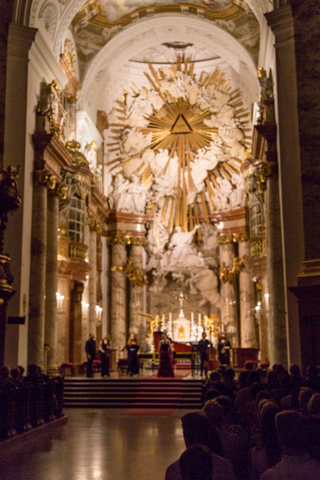
The church is dedicated to Saint Charles Borromeo, one of the great counter-reformers of the sixteenth century. The church is cared for by a religious order, the Knights of the Cross with the Red Star.
